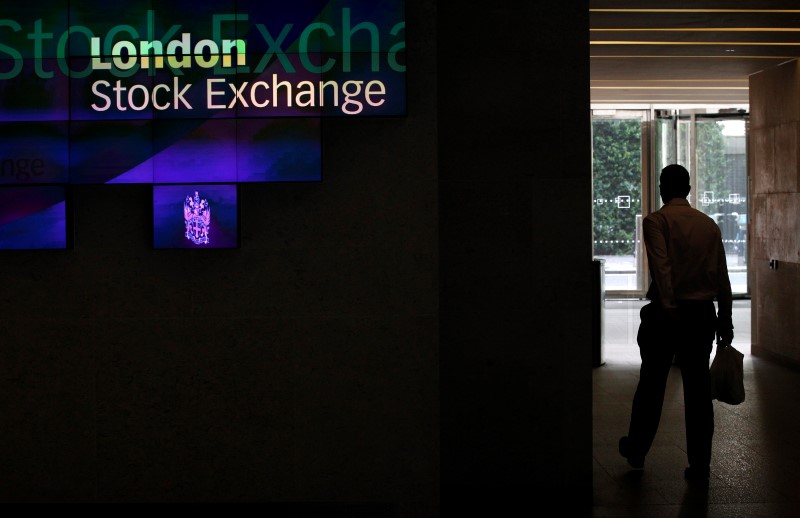The U.K. general election is drawing nearer, and the main parties have now released their manifestos. Goldman Sachs looks at the equity market implications.
The U.K. general election takes place on July 4, with the opposition Labour Party currently leading in the polls by around 20 points, ahead of the ruling Conservatives.
Both parties have committed to reducing the national debt as a share of output over the next five years, said analysts at Goldman Sachs, in a note dated June 14. The next government will likely need to make spending cuts or tax increases in order to meet its fiscal targets, leaving little room for either of the major parties to differentiate on economic policy.
That said, the U.S. investment bank has highlighted the low investment in U.K. stocks, and this is increasingly gaining attention, given the re-listing of U.K. companies in the U.S..
In the Spring budget the Conservative Government proposed a U.K. ISA, giving a ring-fenced tax-break to investment in domestic shares.
In their manifesto, the Labour reforms aim to increase investment from pension funds in the U.K. markets and improve the returns and productivity of U.K. companies.
Goldman also pointed to the lack of pension investment, noting that in the 1990s pension funds (along with insurance companies) used to own around half the U.K. equity market, and this has fallen to around 3%.
There are two types of pension funds – defined benefit and defined contribution. Goldman thinks DC funds matter more for equity markets. That said, around 75% of both fund types’ equity holdings are in overseas investments.



